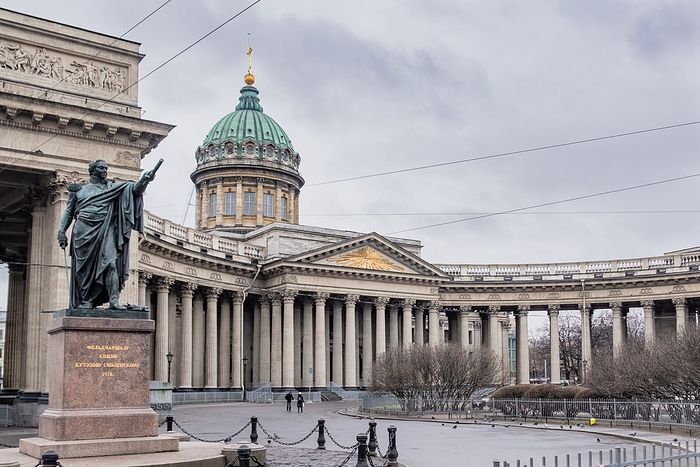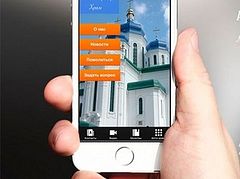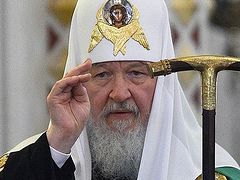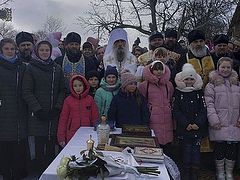St. Petersburg, March 27, 2020
Residents of St. Petersburg, Russia, are prohibited from visiting religious sites from March 28 to April 5 according to new measures aimed at containing the quickly-spreading coronavirus.
The decree signed by city Governor Alexander Beglov yesterday prohibits “individuals from visiting objects (territories) of religious organizations, with the exception of the clergy and religious personnel of the given religious organizations.”
However, the Russian Church has responded that the Russian constitution and law do not provide Beglov with such powers.
Responding to the new decree, the Legal Department of the ROC states that:
In the Russian Federation, freedom of conscience and freedom of religion are [constitutionally] guaranteed, including the right to celebrate the Divine services individually or jointly with others, and other religious rites and ceremonies.
The right of man and citizen to freedom of conscience and freedom of religion can be restricted in order to protect the health of citizens only by federal law.
Other acts of government bodies (including acts of government bodies of constituent entities of the Russian Federation and municipal bodies) may not restrict freedom of conscience and freedom of religion, including the right of citizens to visit religious sites in order to participate in the Divine services, as such acts do not have the status of federal law.
And, according to a statement from the St. Petersburg Metropolia yesterday, services in the city will continue.
The statement begins by noting that, “for the sake of pastoral care of people … while maintaining a firm faith in the work of God’s good providence and in Divine omnipotence,” special measures have already been taken since March 19, including the disinfecting of churches.
However, this pastoral care means ministering to all people: “The pastoral duty of the clergy must be fulfilled in relation to all believers, including those who believe it necessary to come to church in these difficult times to pray for their loved ones, for the city, and the people.”
Thus, the churches of the St. Petersburg Diocese will continue their ministry, the statement reads, with reference to the aforementioned statement of the Church’s Legal Department.
Parishioners who choose to stay at home can join in the services via live broadcasts online and on TV, and the elderly and sick can ask to receive Holy Communion in their homes.
In his own statement, His Grace Bishop Nazary of Kronstadt, the abbot of the St. Alexander Nevsky Lavra in St. Petersburg, emphasized that the monastery will not shut its doors to the faithful.
“We will not allow ‘outsiders’ to close our churches with our own hands. If the law enforcement agencies do this, then all the consequences will be on their conscience,” stressed Bp. Nazary, while adding that the monastery will faithfully adhere to the instructions of the Moscow Patriarchate.
Meanwhile, in Moscow, Mayor Sergei Sobyanin has appealed to the faithful to refrain from visiting religious sites, though he did not impose a ban.
“Understanding the feelings of faithful Muscovites, I nevertheless strongly recommend and ask you to refrain from visiting religious sites these days,” the Mayor’s statement reads.
“But, believe me, [these measures] are absolutely necessary in order to slow down the spread of coronavirus infection and reduce the number of cases,” Sopyanin explained.
The Russian Church’s working group for coordinating the activities of Church institutions in the context of the spread of the coronavirus responded:
We understand the recommendation of the civil authorities of Moscow and the Moscow Province for citizens to “refrain from visiting religious sites,” as well as the reasons for which this recommendation was given.
At the same time, the pastoral duty of the clergy will be fully fulfilled in relation to all those believers who find it necessary to come to church in this difficult time to pray for their loved ones and for our people.
Like the statement from the St. Petersburg Metropolia, the working group also reminds that those who wish to stay home can view services online and on TV, and that those who are over 65 or suffer from chronic diseases can ask to receive Holy Communion at home.




